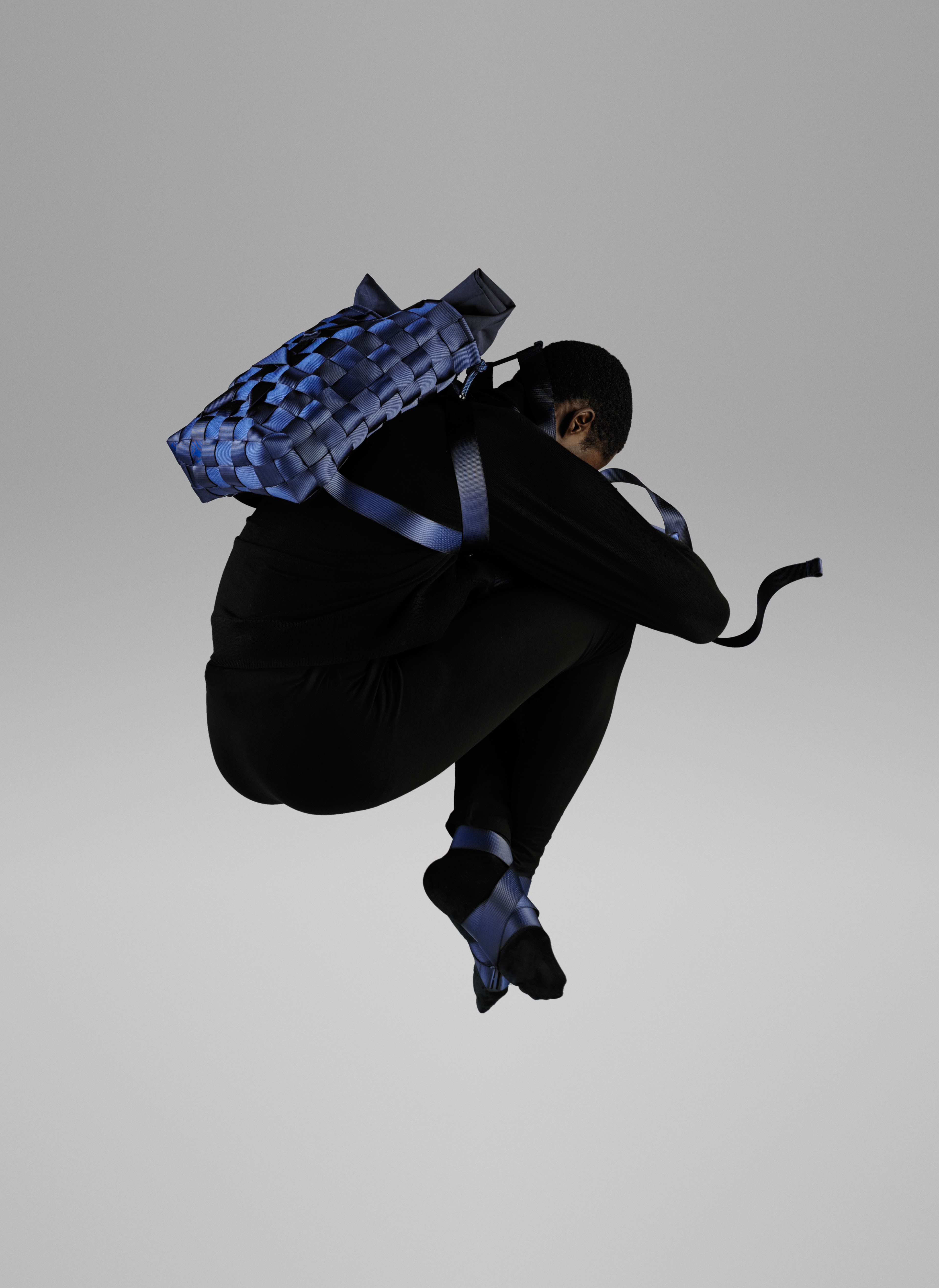Modular Backpack
Modules of [A-CROSSBODY 4X5X2]
Assembled combinations of [A-CROSSBODY 4X5X2]
Modules of [A-BACKPACK 10X7X3]
Assembling an [A-BACKPACK 10X7X3]
PACKBAGS variations #1
PACKBAGS variations #2
Modular Craft Project, Taiwan.
Modular Craft Project, Taiwan.
Modular Craft Project, Taiwan.
-
Name of the submitted project or idea (in English or both English and your language)
PACKBAGS
-
URL of a video introducing the work(under 5 minutes)
-
Detailed explanation of the submitted project or idea (in English or both English and your language)
PACKBAGS is a bag and accessory line built on the foundations of modularity and circularity.
Our aim is to be at the forefront of re-thinking consumption culture by offering a system that enables a much longer, and ideally an infinitive lifespan of products, while also adding an element of 'play' to this serious task of working towards a 'circular future'.
We create long-lasting products that are assembled from repairable and replaceable modules. In our catalogue, each piece, from the earliest to the most current, is still available today as a testament that good design outlives trends.
Each item is designed, developed and produced at our workshop in Amsterdam. PACKBAGS employs a staff of 5 individuals with a passion for crafts and durable design.
We use quality materials that are made in Europe. 100% of the bags and accessories are produced in Europe. Where a collaborative effort with local artisans has culminated in inventive forms and use achieved through novel approaches to age-old techniques.
PACKBAGS was founded in London, United Kingdom in 2012 by Alei Verspoor, designer and creative director following her graduation from the Royal College of Arts.
Throughout her career, Alei Verspoor (1985) has been aiming to challenge the lifespan and construction methods of textile products. She is driven by a fascination for play, technique and artisanship, having worked on explorative design projects with artisans from Taiwan and Morocco. She has worked across a range of disciplines such as sportswear, accessories, interior, and print design working with the likes of O’Neill, Urban Outfitters, and AGU. Occasionally she gives lectures and workshops on modular and circular design. Her work has been exhibited at /MAISON Osaka, London Design Fair, and Dutch Design Week amongst others. -
Keywords
#fashion, #modular #local
-
If you have a website for your submitted project or idea, please provide the URL
www.packbags.nl
-
Special Prize Question 1: How does your project or idea make use of local resources, such as materials and knowledge, to tackle its challenge?
We want our materials to originate from the same place where our bags are made: Europe. For us, it only is logical to use the shortest ways of production in combination with durable fabrics from the same area that we produce our products in.
Our studio in Amsterdam houses our entire production line. Sacrificing efficiency and affordability for environmental sustainability, we work with a small team, as well as incorporating employment opportunities for refugees so as to ensure not only a hand-made quality product, but also one that brings with it a minimal carbon footprint, and a good working environment and living wages.
Working with the modularity in mind, we’re able to source our materials from quality European vendors. On top of that, we make a conscious effort to repurpose materials that would otherwise go to waste without compromising our aesthetic vision. Some of our vendors are:
- Morssinkhof (Recycling factory in NL)
- Eurocarbon (Webbing Mill in NL)
- Kong (Carabiners manufacturer in Italy)
- Black Diamond (Climbing Rope manufacturer in the Czech Republic) -
Special Prize Question 2: How does your project or idea sustain its activities through the involvement of the local community?
Our modular system is inspired by the ancient craft of basketmaking and the simplicity of it’s techniques. Our basket modules, made from modern technical materials, form the base of our bags. All other MODULES are connected to the ‘grid’ that the basket provides.
The modular system that we have is a perfect vehicle to collaborate with craftspeople. We invite them to create limited editions of modules, using their craft in it’s pure form, without any adjustments except following the dimensions of our modular system. These modules can then be combined with other modules in our system to create unique new products.
Before the pandemic we have done a project with 3 different craftspeople in Taiwan (see also the last 3 photos) which resulted in a beautiful series of assembled bags. This is the starting point of an ongoing project. Currently we are setting up a similar project with a basketmaker in The Netherlands, to be launched next spring.
So, next to producing our bags in our own small factory-atelier in Amsterdam, in order to create local working opportunities for skilled tailors, we believe it’s important to support local skilled craftspeople in keeping the ancient crafts alive. -
Special Prize Question 3: How does your project or idea eliminate waste or pollution while regenerating natural resources?
At PACKBAGS, we believe in refurbishing, reusing, and recycling a product instead of putting an end to its life cycle. When combined with modular design aspects, we work to design parts that can separately be used again in the manufacturing process.
To eliminate waste, our bags are designed so as failure of part of a bag doesn’t compromise the entire bag. This idea, in combination with sourcing and repurposing materials from European suppliers is how we aim to contribute to the reduction of pollution, as well as the regeneration of natural resources.
Ultimately, we work on the basis that staying with an item for a long time and updating its parts as its life cycle progresses, is even more sustainable than buying a new and recycled product.


